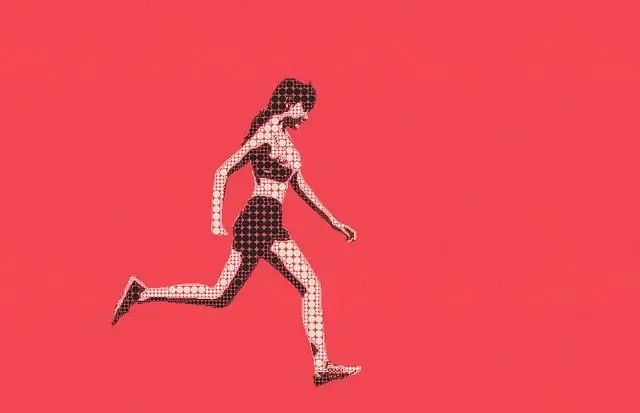Major Depressive Disorder (MDD) is a serious mental health condition characterized by persistent sadness and loss of interest, requiring comprehensive management. While traditional therapies like CBT and lifestyle changes are effective, some turn to natural supplements like kratom for potential antidepressant effects. However, limited scientific evidence and concerns about dependence and side effects necessitate further research into kratom's safety and efficacy for MDD treatment. Always consult healthcare professionals before trying any new remedies.
Major depressive disorder (MDD) is a prevalent mental health condition marked by persistent sadness and loss of interest. This article explores comprehensive strategies for managing MDD, from understanding its symptoms and diagnosis to examining novel treatments like kratom for depression. We discuss a multi-faceted approach combining therapy, lifestyle changes, and medical interventions, offering hope and practical guidance for those seeking relief. Discover how these strategies can empower individuals to take control of their mental well-being.
- Understanding Major Depressive Disorder: Symptoms and Diagnosis
- Exploring Kratom as a Potential Treatment Option
- Comprehensive Approach to Managing Depression: Therapy, Lifestyle Changes, and Medical Interventions
Understanding Major Depressive Disorder: Symptoms and Diagnosis

Major Depressive Disorder (MDD) is a common yet serious mental health condition that significantly impacts an individual’s daily life and well-being. It is characterized by persistent feelings of sadness, loss of interest in activities once enjoyed, and a range of physical and cognitive symptoms. Understanding MDD involves recognizing its various manifestations and the diagnostic criteria set by mental health professionals.
Symptoms can include persistent low mood, changes in appetite and sleep patterns, fatigue, difficulty concentrating, feelings of worthlessness or guilt, and recurrent thoughts of death or suicide. The American Psychiatric Association’s Diagnostic and Statistical Manual (DSM-5) provides specific guidelines for diagnosis, including the duration and severity of symptoms. One emerging area of interest in treating MDD is the use of natural supplements like kratom, which has shown potential as an alternative or adjunct therapy. However, it’s crucial to consult healthcare professionals before considering any treatment options to ensure proper guidance and safety.
Exploring Kratom as a Potential Treatment Option

Kratom, derived from the leaves of the Mitragyna speciosa plant, has gained attention as a potential treatment option for major depressive disorder (MDD). Some users advocate for its antidepressant effects, suggesting that kratom can lift mood and reduce symptoms of despair. The plant contains various alkaloids, including mitragynine and 7-hydroxymitragynine, which interact with opioid receptors in the brain, potentially influencing neurotransmitters associated with mood regulation.
However, exploring Kratom for depression requires caution due to limited scientific research. While some studies indicate its analgesic and anxiolytic properties, the evidence for its efficacy in treating MDD is not conclusive. The risk of dependence and adverse effects, including digestive issues and insomnia, highlights the need for further investigation into kratom’s safety and effectiveness as a clinical treatment for depression.
Comprehensive Approach to Managing Depression: Therapy, Lifestyle Changes, and Medical Interventions

Managing major depressive disorder requires a comprehensive approach that intertwines therapy, lifestyle adjustments, and medical interventions. Psychotherapy, such as cognitive-behavioral therapy (CBT) or interpersonal therapy, plays a pivotal role in helping individuals identify and change negative thought patterns and behaviors contributing to their depression. This process empowers patients with coping strategies to navigate challenging situations and improve overall well-being.
Lifestyle changes are another crucial component. Regular physical activity, for instance, boosts mood by releasing endorphins and reducing stress hormones. A balanced diet rich in nutrients supports brain health, while adequate sleep is essential for emotional regulation. Additionally, social connections and meaningful activities contribute to a sense of purpose and belonging. Some individuals also explore alternative treatments like kratom for depression, though its effectiveness varies and consultation with a healthcare provider is essential before incorporating any new supplement.
Major Depressive Disorder (MDD) is a complex condition, but with the right approach, management is achievable. While conventional therapy and medication offer effective treatment, incorporating alternative solutions like Kratom for depression can provide additional support. A comprehensive strategy combining therapy, lifestyle adjustments, and, in some cases, Kratom supplements may hold promise for those seeking relief from MDD symptoms. However, further research is needed to fully understand its efficacy and safety as a treatment option. Always consult with healthcare professionals before trying new treatments, especially when considering Kratom for depression.






